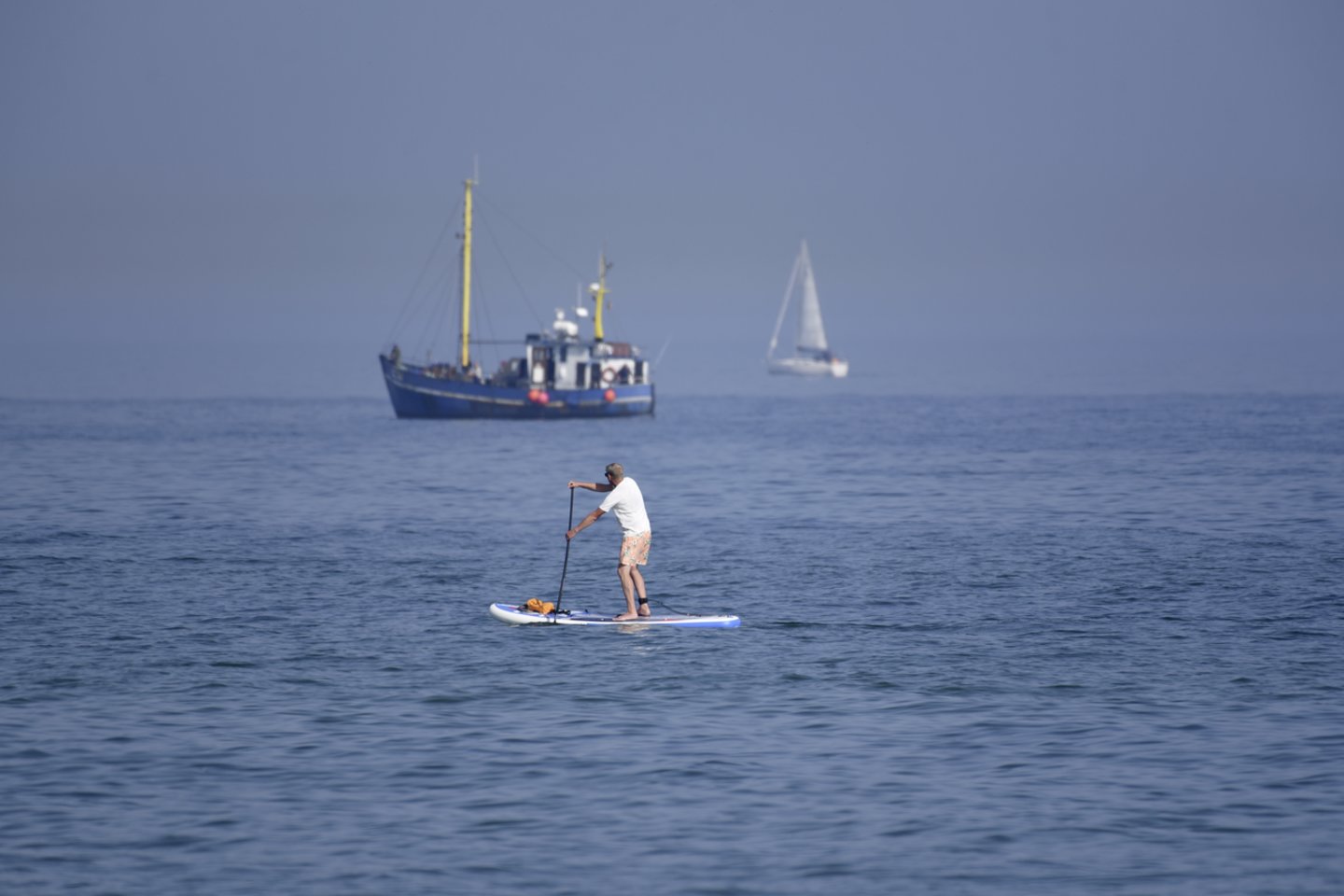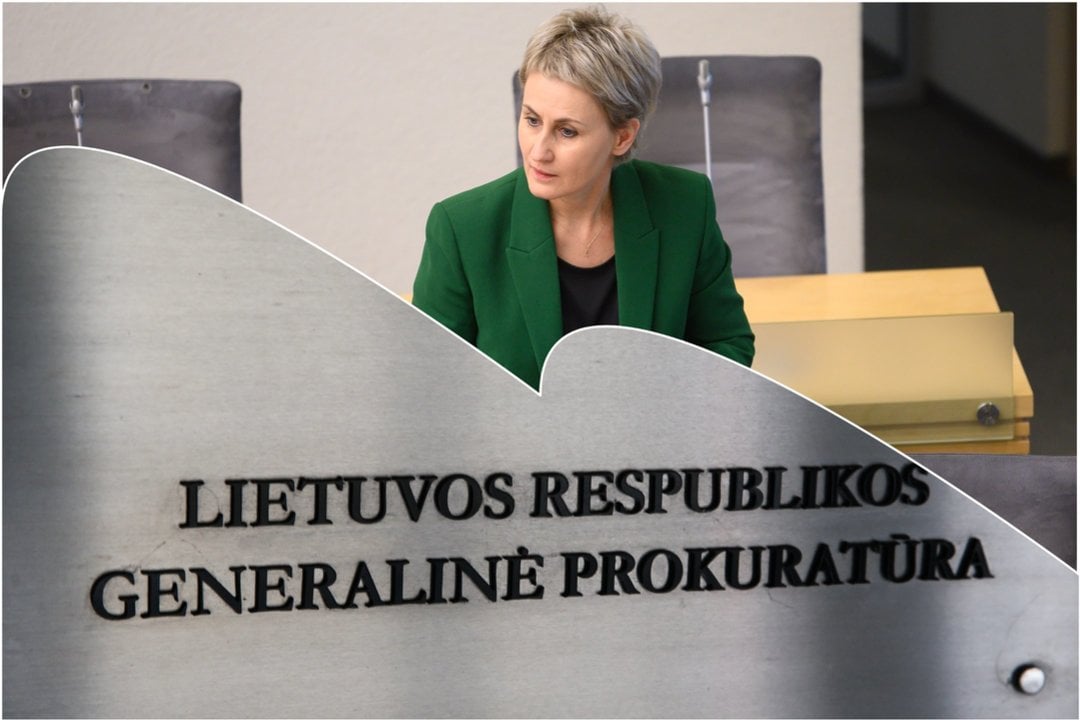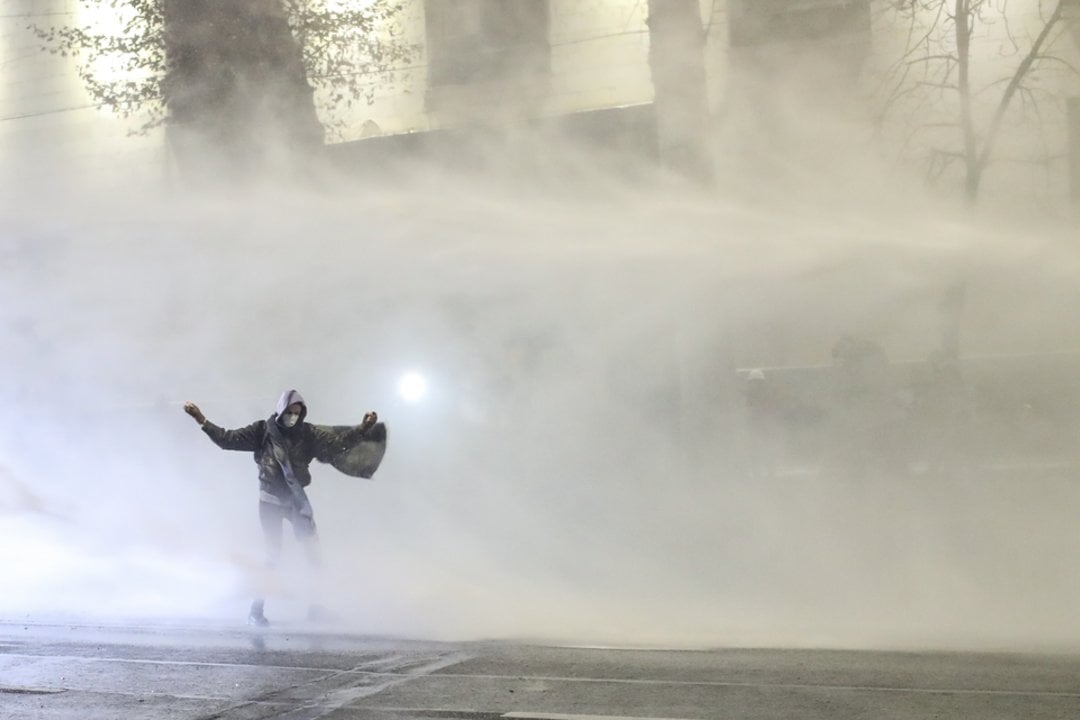Elizabeth Brault writes about this in the Financial Times. She recalled that Russian border guards removed Estonian buoys marking shipping lanes on the Narva River the other day. „With this simple act, Russia has demonstrated its intention to challenge these borders“, she believes.
Marko Mihkelson, Chairman of the Parliament's Foreign Affairs Committee, called the actions of Russian border guards a provocation by Moscow to test Estonia's reaction and to try to create a grey zone on NATO's borders.
The Estonian foreign ministry said removing the buoys was part of a more comprehensive picture of Russian provocative behaviour, including on its borders with neighbouring countries. The media recently reported that the government wants to unilaterally change its maritime border with Finland and Lithuania.
According to Brault, many people thought the Baltic Sea had become a 'NATO lake' since Sweden and Finland joined NATO, but these incidents show that this view is wrong. The author states that disregarding maritime borders will threaten the global marine system. She cites the example of China, which fiercely disputes the marine boundaries of several neighbouring countries.
„Although violations of maritime borders seem less dramatic than those of troops crossing land borders, they are no less important. They also define who belongs to a country. If they are violated or unilaterally changed, water activities such as shipping are disrupted, and the rules on which countries around the world base their coexistence start to falter,“ the author added.
Vytautas Leškevičius, Lithuania's former ambassador to NATO, told her that for several months now, „shadow“ ships have been threatening several neighbouring countries by transporting oil in risky ways through their waters. Some of these ships are anchored off the coast of Gotland and refuse to navigate in Denmark's Great Belt, increasing the risk of accidents.
„They are probing the earth both figuratively and literally,“ he said.
Brault pointed out that any aggressive action by Russia would have severe consequences and that the Baltic Sea states cannot afford even a mild case of „sea blindness“.
„What will the Kremlin try to do next? More changes to maritime borders? Pursuit of merchant ships along the lines of China or blocking shipping in the Baltic Sea under the guise of law enforcement?“ – she asked.




